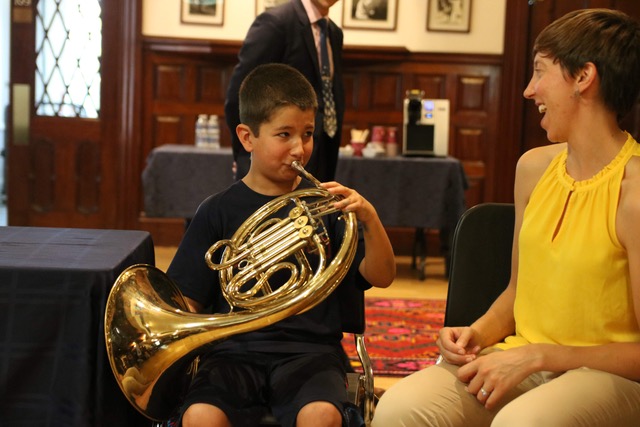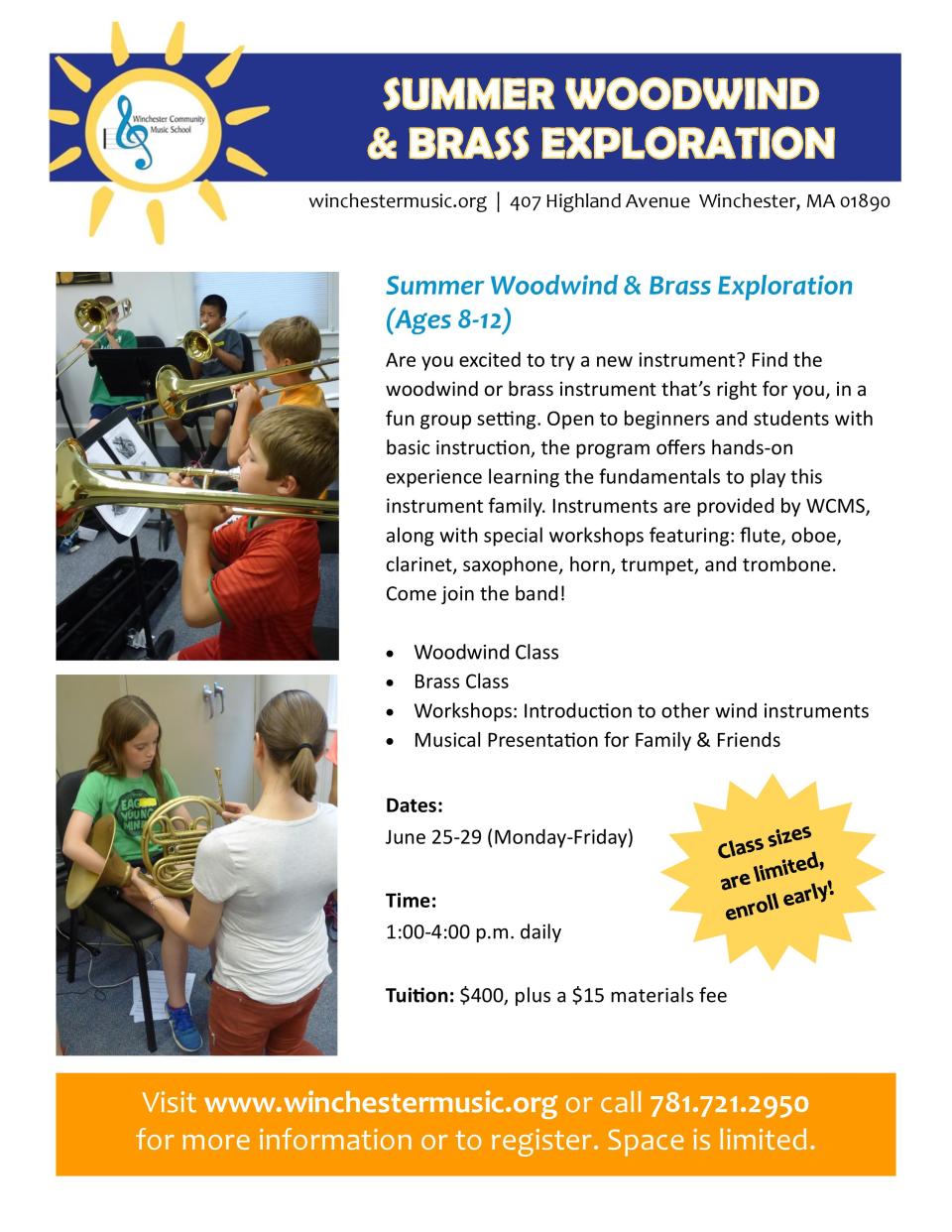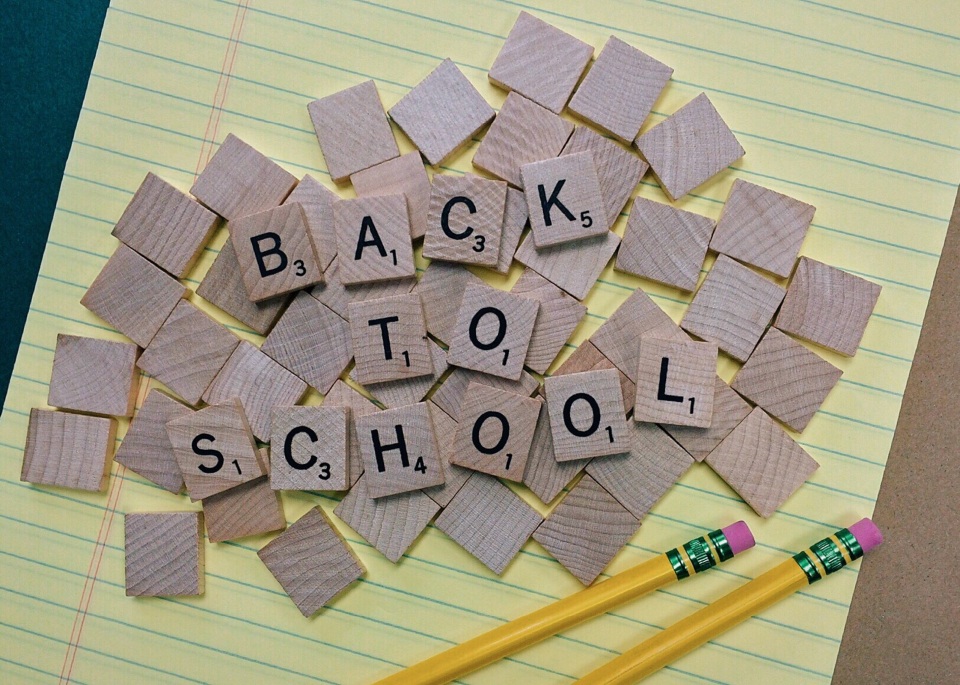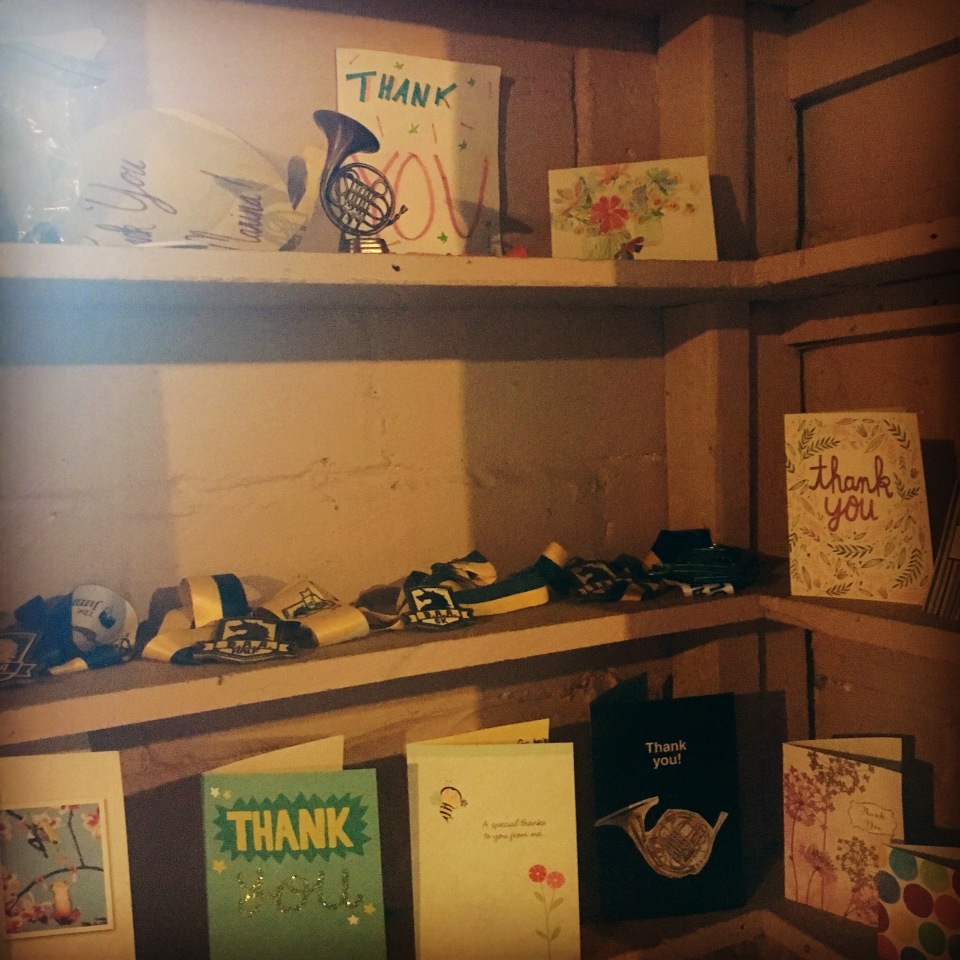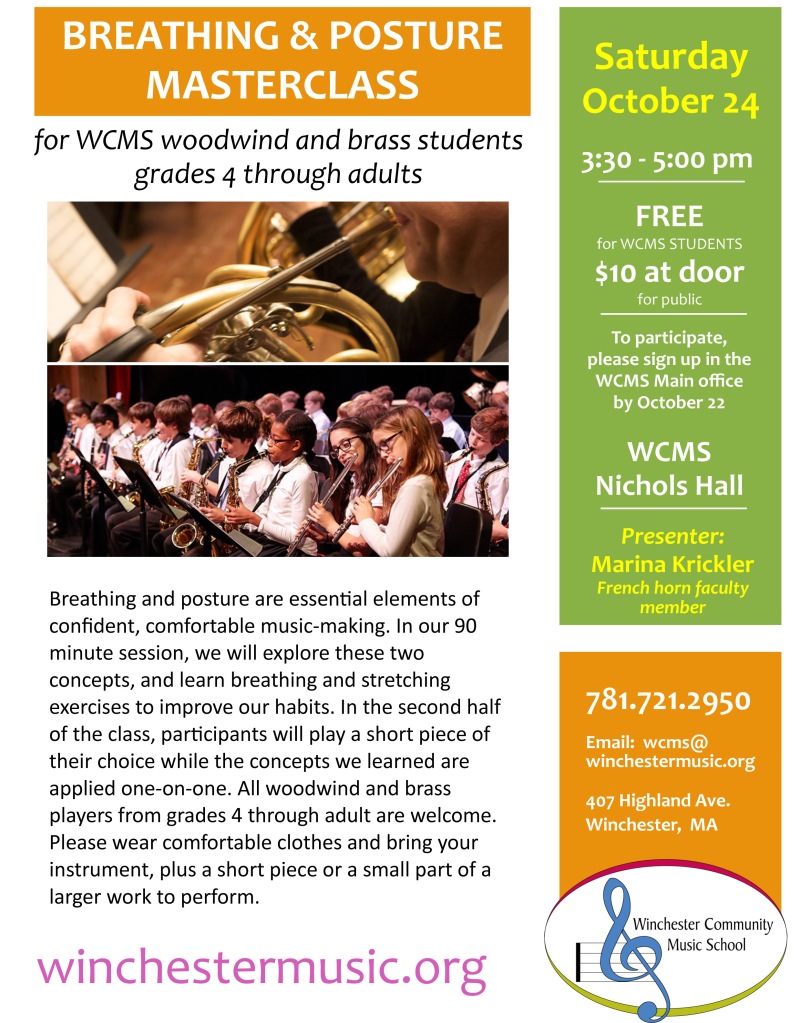I’ve been approached by several students and parents this spring asking about extra-curricular ensemble opportunities. In Greater Boston we’re lucky to have an abundance of programs for intermediate to advanced students, and while this is not a comprehensive list, here a few of the highlights:
MMEA Festival Ensembles
The Massachusetts Music Educators Association runs three sets of 3 day festivals every year – Junior Districts, Senior Districts, and All-State. Students audition for placement into these honors ensembles based on their grade, and where they live. The state is broken down into 5 different districts; for example, students in Wellesley are in the Eastern District, and students in Winchester are in the Northeastern District. Junior Districts are for students in grades 7-9, and Senior Districts are for grades 9-12. If a Senior District student receives a score above a certain threshold, they are eligible to audition for All-State.
Senior District Auditions take place in mid-November, with the festival in mid-January. All-State Auditions are held in the third week of January, with the festival in mid-March. Junior District Auditions take place in late January, with the festival in late March.
Audition requirements vary according to district and level, and are released several months before the auditions:
All-State participants can also be considered for All-Eastern and All-National ensembles, run by the National Association for Music Educators. In addition to any audition materials, students must be recommended by their band or orchestra teacher to be considered.
New England Conservatory Preparatory School
NEC Prep has eight large ensembles for students in grade 7 and up: 4 orchestras (Youth Philharmonic Orchestra, Youth Symphony Orchestra, Youth Repertory Orchestra, and Junior Repertory Orchestra), 3 wind ensembles (Senior Massachusetts Youth Wind Ensemble, Massachusetts Youth Wind Ensemble Concert Band, and Junior Massachusetts Youth Wind Ensemble), and a Youth Brass Ensemble. Rehearsals generally take place on Saturday, and are held in the downtown area between Symphony Hall and NEC.
Registration begins in March, with auditions taking place in mid-May. The requirements are:
- Two contrasting pieces or movements: grades 6-10 at the Junior District Level, grades 10-12 at All-State Level
- Scales – requirements differ depending on the ensemble being auditioned for
- Sight-reading
Note that auditions for orchestra, wind ensemble, and brass ensemble are scheduled separately. Chamber music is also available either separately, or in addition to large ensembles.
Boston Youth Symphony Orchestras (formerly known as GBYSO)
BYSO has four large ensembles to choose from for middle and high school students: 3 orchestras (Boston Youth Orchestra, Repertory Orchestra, and Junior Repertory Orchestra), and a preparatory wind/brass group. Rehearsals take place on Sundays at the Boston University West campus College of Fine Arts.
Registration begins in mid-March, with auditions taking place during the last two weeks in May. The requirements are:
- Two contrasting pieces or movements
- Scales from memory. See page 6 of this year’s audition brochure for details.
- Selected orchestral excerpts. Here are this year’s selections.
- Sight reading
Chamber music is also available either separately, or in addition to large ensembles.
The Rivers School Conservatory
Rivers has two ensembles for high school students: the Rivers Youth Orchestra, and the Rivers Youth Wind Ensemble. Orchestra rehearsals are Fridays from 4-5:30pm, and Wind Ensemble rehearsals are Mondays from 7-9pm, both at The Rivers School in Weston.
Auditions take place from mid-May to mid-June. The requirements are:
- Two contrasting pieces or movements of a larger work at the Senior District Level
- Full range chromatic scale and 2 octave major scales up to 4 sharps and 4 flats
- Sight-reading
Tufts University Community Music Program
The Tufts Youth Philharmonic is a relatively new ensemble, open to students aged 13 and up. Rehearsals are Fridays from 4-6:30pm at the Granoff Music Center on Tufts’ Medford/Somerville campus.
Auditions are held in mid-May, but are also accepted via YouTube link or DVD. The requirements are:
- Two contrasting solo pieces of your choice that demonstrate musical and technical ability
- 2 octave scales, up to four sharps and four flats
Powers Music School
Powers is home to the Massachusetts Youth Symphony Project, a chamber orchestra for students aged 12-18. Rehearsals are on Saturdays from 3-5pm at the music school in Belmont.
Auditions are held in late May. The requirements are:
- 2 octave major scale through 4 sharps and 4 flats
- 3 octave minor scale of your choice
- 2 contrasting pieces or movements
- Sight-reading
Winchester Community Music School
WCMS offers an excellent chamber music program for students of all ages. Rehearsal dates and times are arranged according to the schedules of participants and coaches, and are held at the music school.
Placement auditions are generally held in the spring and fall. The requirements are:
- Two contrasting works (or one larger work with contrasting sections
- Sight reading
